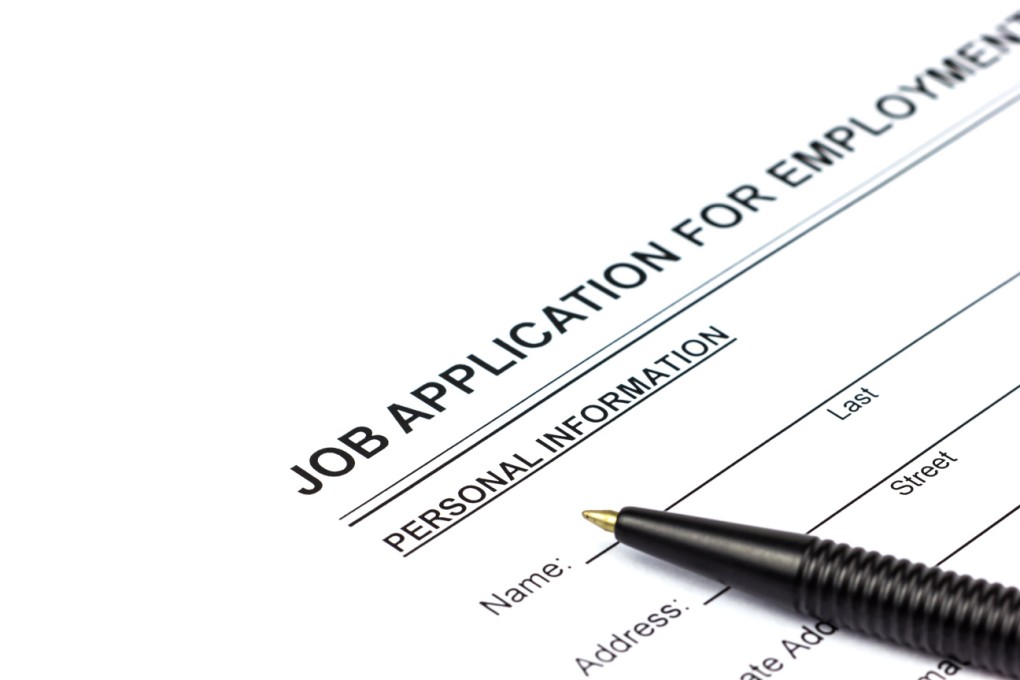Sep 25, 2024

If you had to guess, what would you say is the one of the most commonly asked questions during job interviews? We'll give you a moment to think.
In the meantime, the questions you ask job candidates should be broad enough so that everyone can answer yet specific enough so that people's answers aren't identical. You'll want these questions to give you insight into who each person is and how suitable each person is for the available position with your company.
Now, back to our initial question — what would you say employers most frequently ask prospective employees when interviewing them? Most often, they will pose the question, "Why should we hire you?" While this is a straightforward and direct query, try asking other questions that will elicit more detailed answers.
Here are some basic ideas:
Other questions you should ask
When you ask thoughtful job application questions, you can trust that you'll receive strong responses that give you transparent insight into who each candidate is as a person. While qualifications and job experience can be insightful, details about their personalities and perspectives can help you decide between two equally qualified applicants.
To get these types of answers, ask personality-focused questions:
Understanding individual candidates' morals is one thing, but making sure that what they value aligns with your company is another. Make sure you pose questions that evaluate a candidate's values, and find out how they compare to what your business deems as important.
You can accomplish this by posing these types of questions:
Don't forget to ask about each candidate's skill sets through experience-focused job application questions. This will help you gain understanding regarding each person's past work history and how it applies to the needs of the open position.
Here are a few questions that will grant you insight into work history:
From there, as you analyze your candidate pool and consider which applicants are well suited for the position, consider narrowing down your options by asking industry-specific questions. The answers you receive from questions like these will reflect each candidate's level of knowledge pertaining to your industry, which might be the deciding factor between the top applicants.
These questions can assist you in the final stages of the interview process:
Questions you should not ask
While you are free to ask questions like "What are your salary expectations?" or "Are you comfortable with us contacting your references?" there are a handful of queries that you cannot pose to job applicants. Prohibited questions are not allowed because they often create a hiring bias or dissuade candidates from applying to your company in the first place.
For instance, never ask prospective employees about their place of birth, family life, marital status, pregnancy history, arrest background or criminal history. Furthermore, avoid questions about organizations, clubs, societies and lodges that the applicant might be a member of, among other questions.
This type of information might indicate the candidate's race, sex, national origin, disability status, age, religion, color or ancestry — none of which is required to be disclosed by applicants. These details are protected by law, as explained by the Equal Employment Opportunity Commission.
At the end of the day, make sure you stick to questions that will only result in information that you truly need to know in order to evaluate whether or not a candidate is well suited for the job. Try not to pry, and only ask for clarification or further explanations for details that are relevant to the available position.
Last but not least, let the interviewee have an opportunity to ask you questions. By ending the interview with the question "Do you have any questions for me?" you'll make job applicants feel heard and respected.
©2024